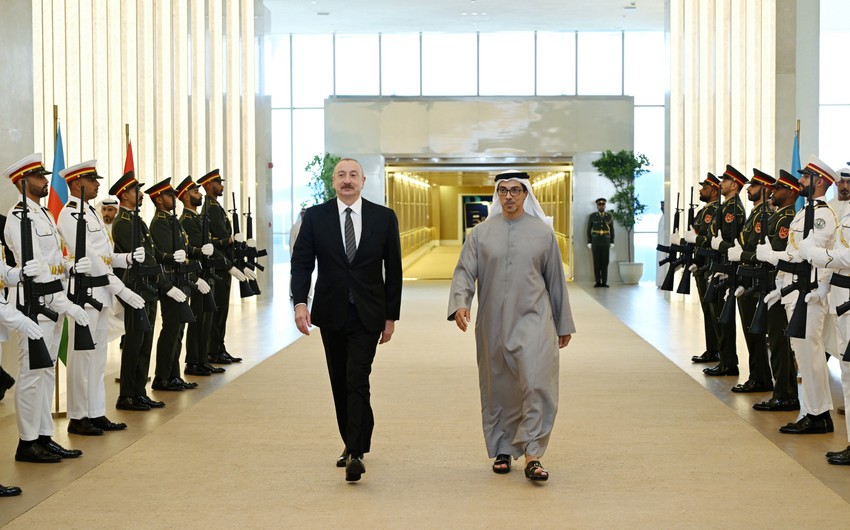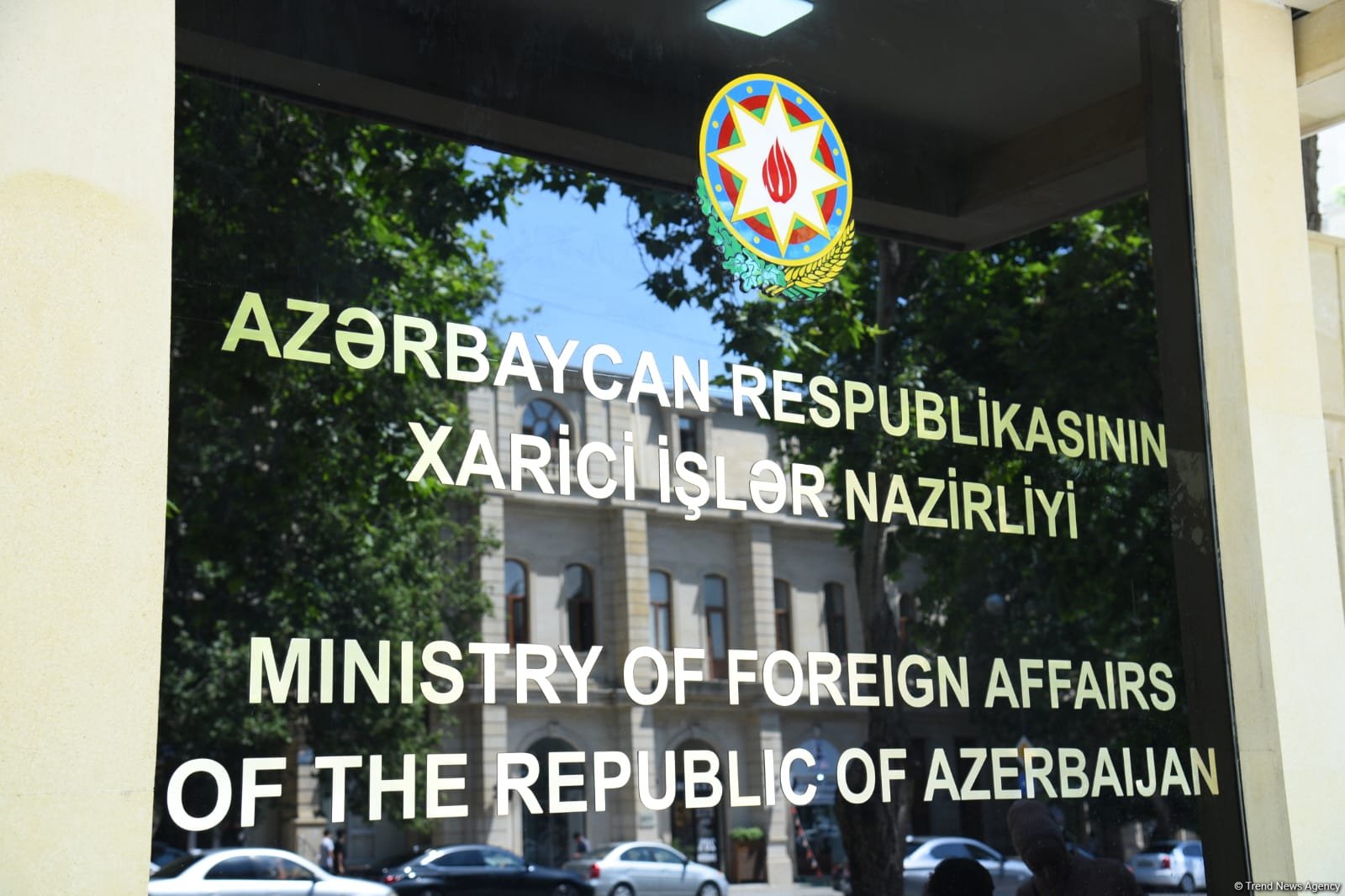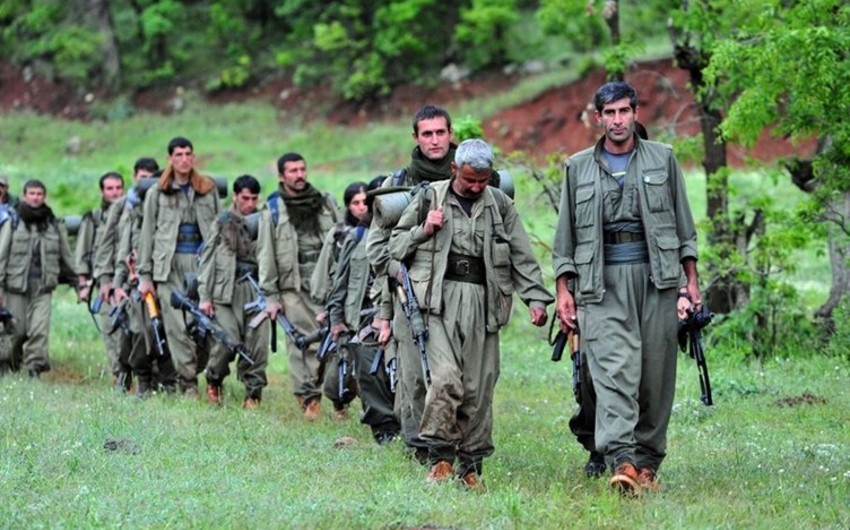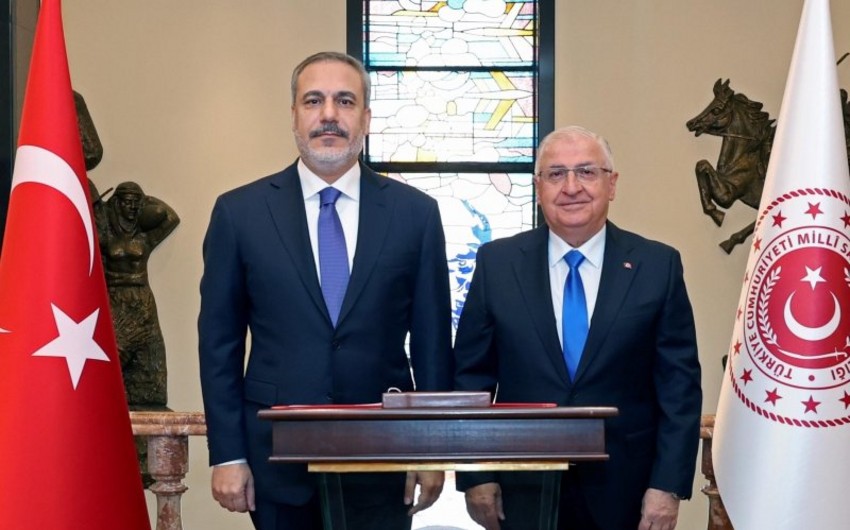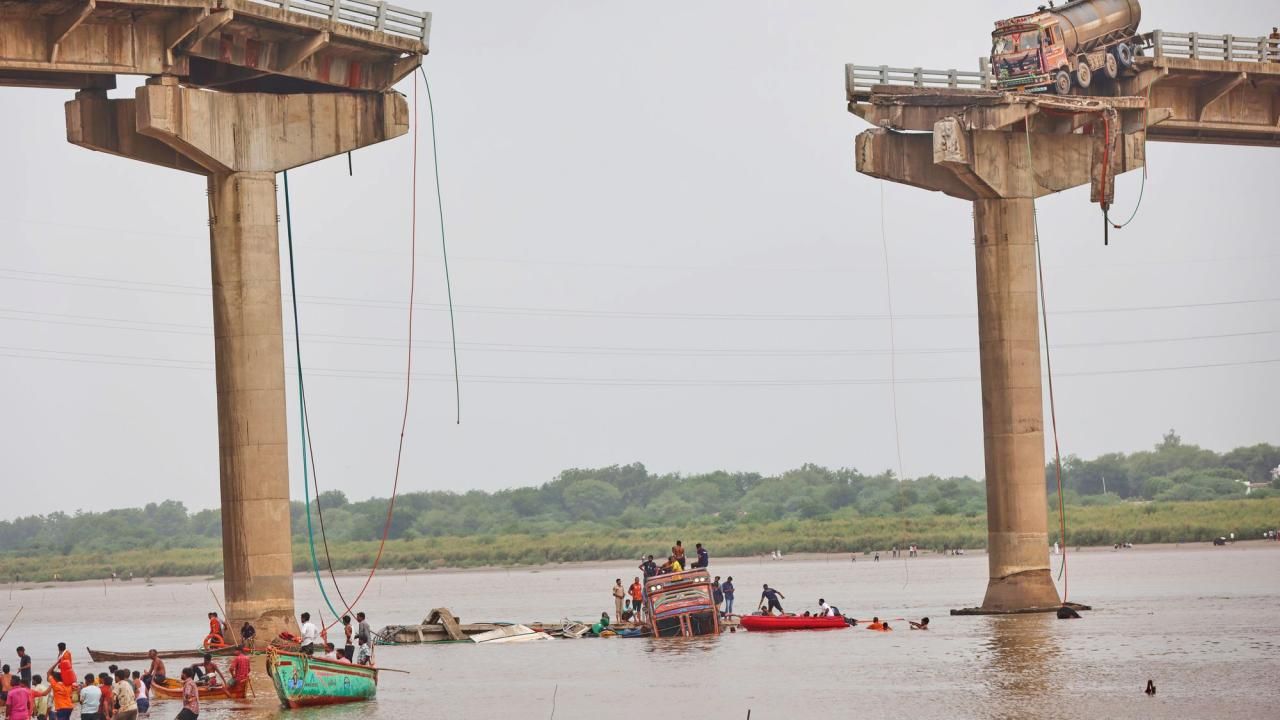Amidst the latest geopolitical developments in the South Caucasus and the Middle East, we'll be exploring Armenia's recent actions and strategic shifts, including the removal of Russian border guards from Yerevan’s Zvartnots Airport, the country's potential departure from the Collective Security Treaty Organization (CSTO), and the prospects for a peace agreement with Azerbaijan. Additionally, we’ll discuss the potential regional implications of escalating tensions involving Iran.
Moscow-based analyst Andrew Korybko has shared his insights on his interview with Ednews:

- How do you view the removal of Russian border guards from Yerevan’s Zvartnots Airport?
- The removal of Russian border guards is a visible sign of Armenia’s pro-Western pivot, which has been underway since Pashinyan first came to power through his Western-backed “Velvet Revolution” but accelerated after Armenia’s defeat in 2020 and especially after last year’s full liberation of Azerbaijani land. It’s a politically unfriendly move but might also be aimed at making it more difficult for Russia to monitor Armenia’s pro-Western pivot since they won’t be able to see which Westerners fly in and out.
- Do you think Armenia will leave the Collective Security Treaty Organization (CSTO) by the end of this year?
- The CSTO Charter says that members must give a six-month notice before withdrawing, and seeing as how it’s already August, it’s not possible for Armenia to legally leave by the end of this year. There also isn’t a mechanism for expelling members either so it’ll remain in the CSTO until at least next year Armenia is unlikely to formally leave though since Turkiye won’t allow it into NATO right afterward. Then Azerbaijan could forcibly “demilitarize” Armenia once it no longer has any external security guarantors.
- Nikol Pashinyan has refused to revise Armenia's constitution, which still contains territorial claims against Azerbaijan. Given this, should we expect a peace agreement to be signed by the end of this year?
- Azerbaijan made it clear that no peace agreement is possible without Armenia removing the clauses in its constitution that refer to territorial claims. Even if Pashinyan was able to successfully put a new constitution up to a referendum by year’s end, there’s also no guarantee that it’ll pass. The best-case scenario is therefore that Armenia refrains from border provocations against Azerbaijan to maintain regional stability until a peace agreement is finally signed, whenever that might be, if ever.
- Will the assassination of Haniyeh trigger a major war? Are there any dangers for Azerbaijan as well? What is the likelihood of such an event?
- Nobody can confidently predict how Iran will respond and whether that’ll worsen the regional escalation cycle that it’s embroiled in with Israel. Still, there aren’t any dangers for Azerbaijan unless it assists Israel in retaliating against Iran like some on social media have speculated. There aren’t any credible reasons for lending credence to those rumors, however, especially since they’re propagated by foreign forces. That being the case, Azerbaijanis shouldn’t worry about getting caught in this regional escalation cycle.
Interviewer: Akbar Novruz




